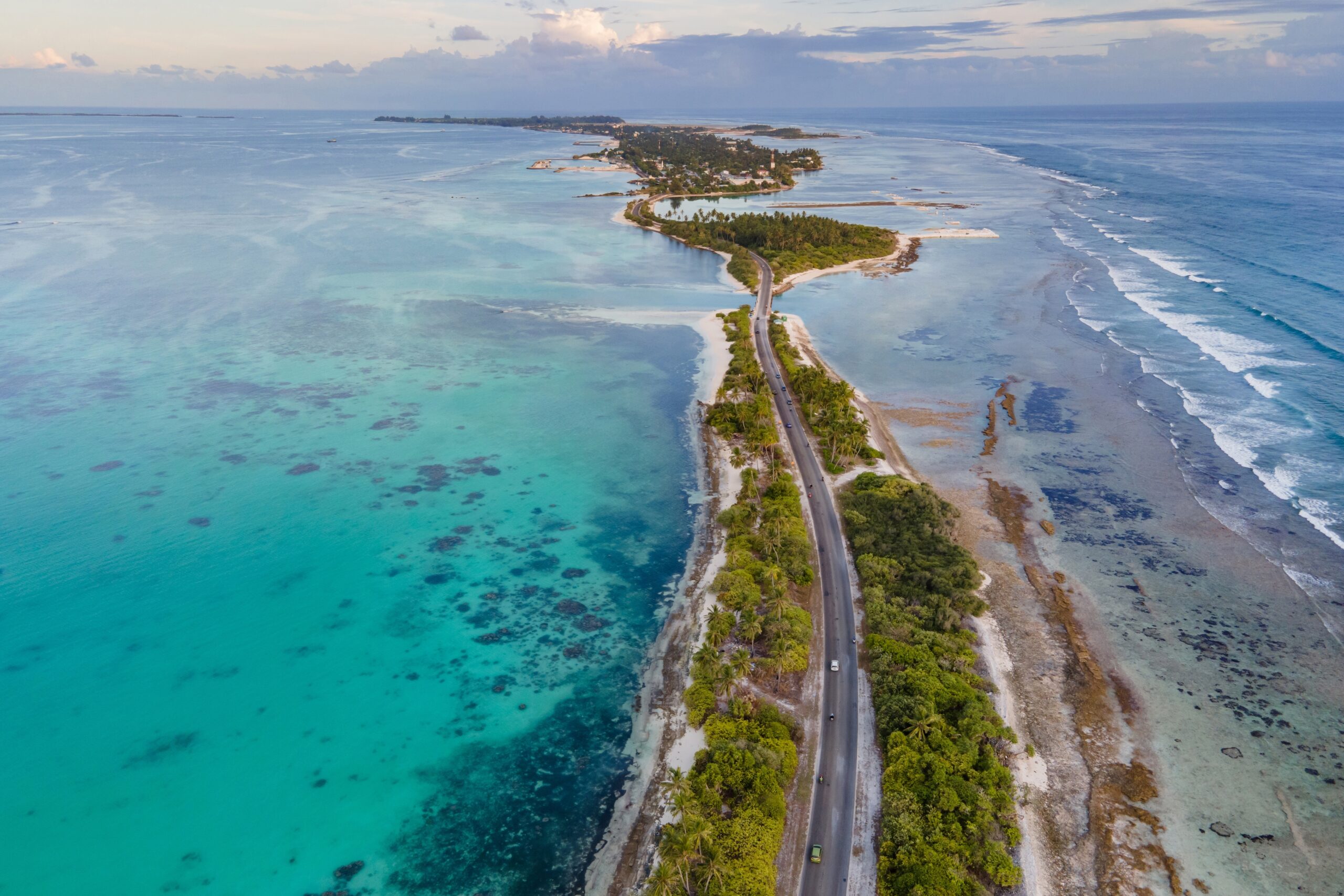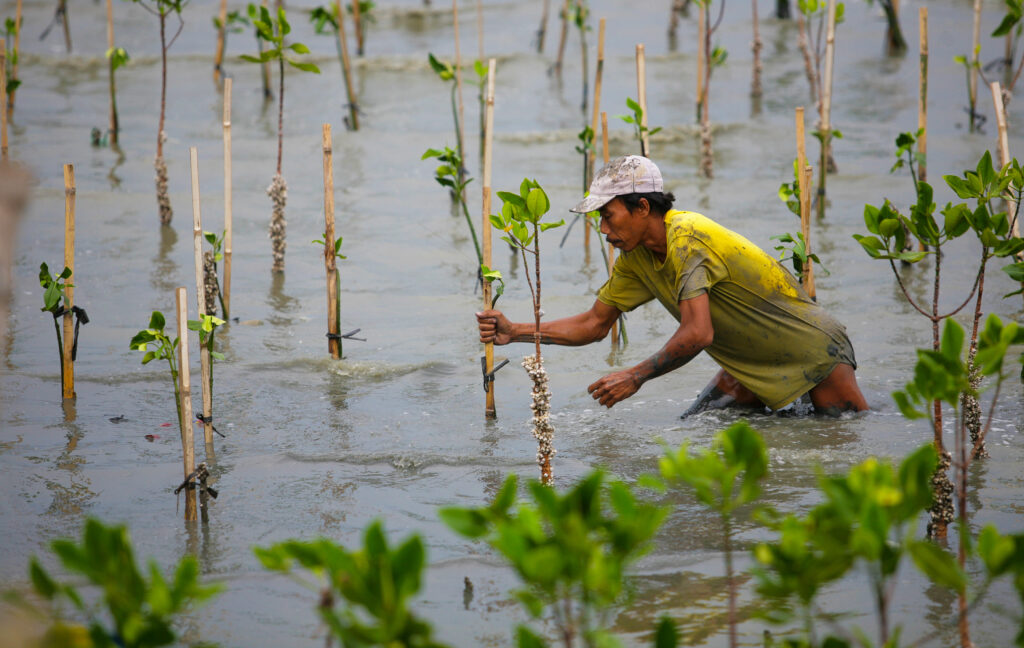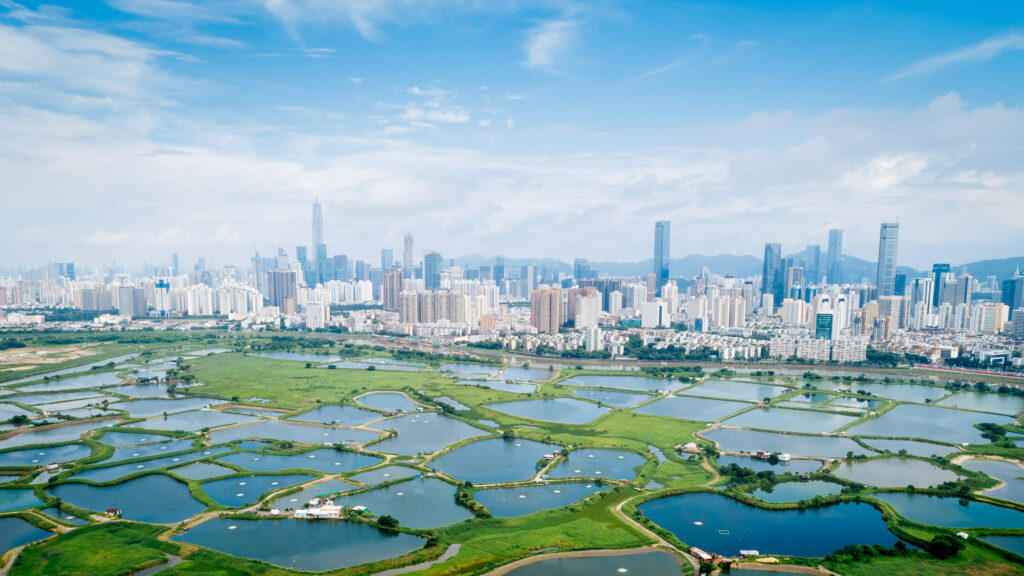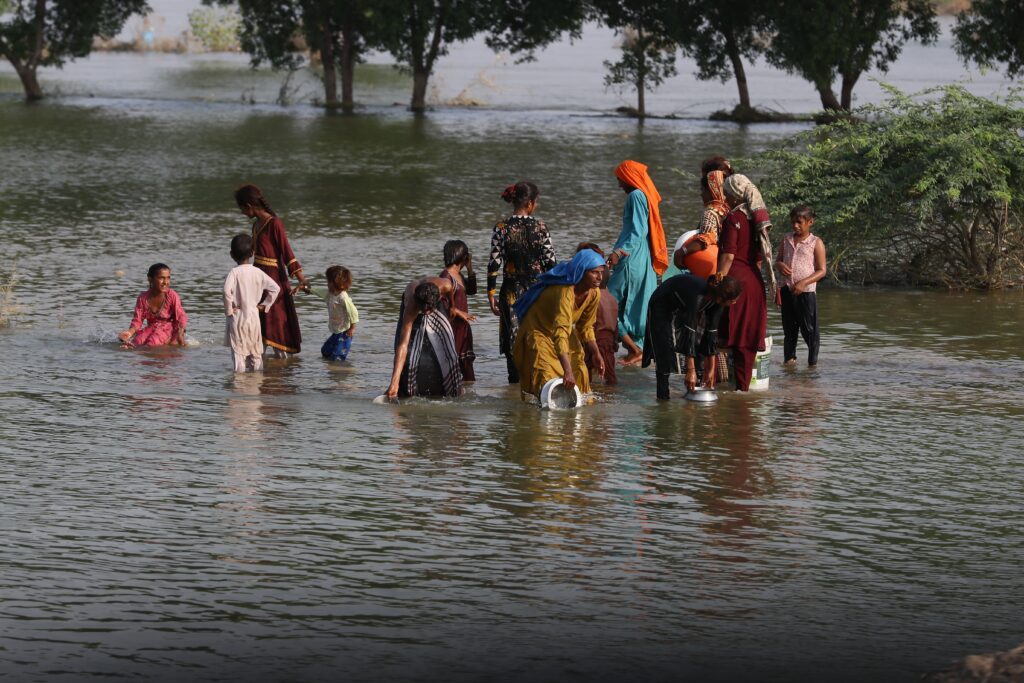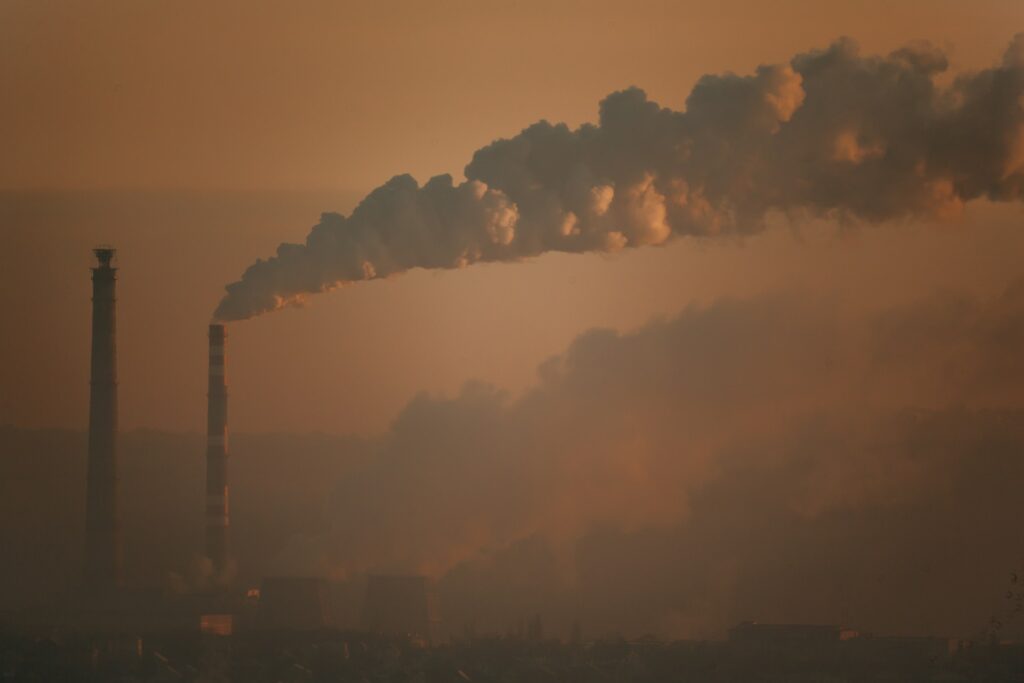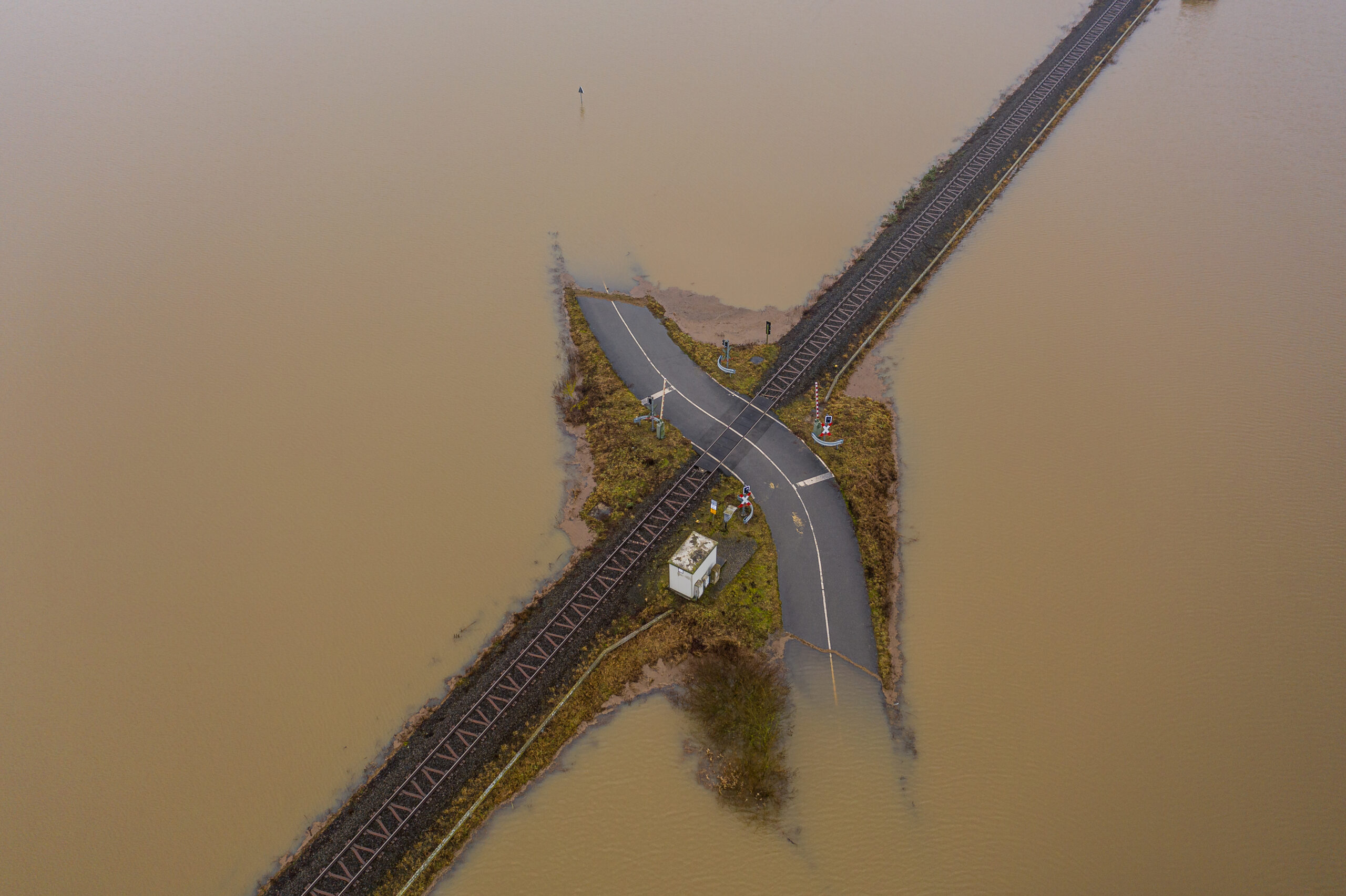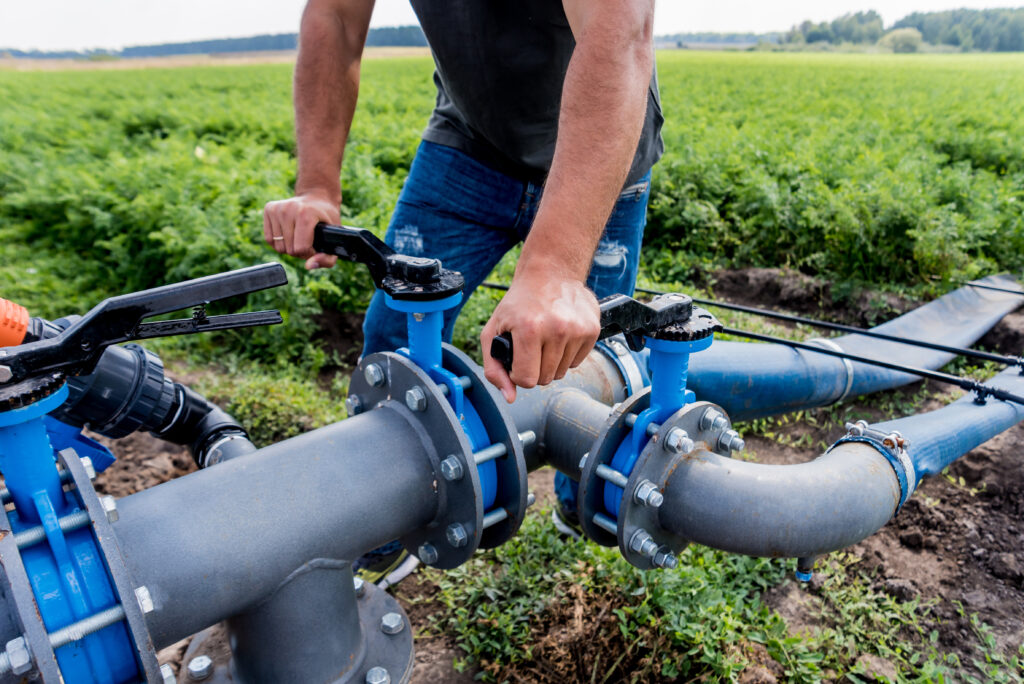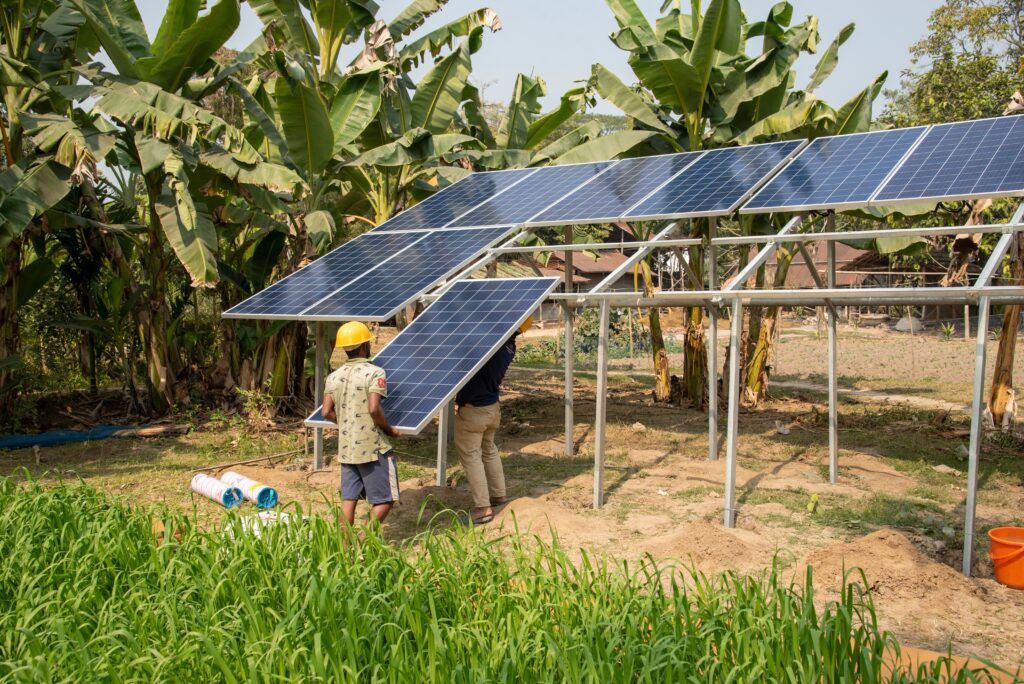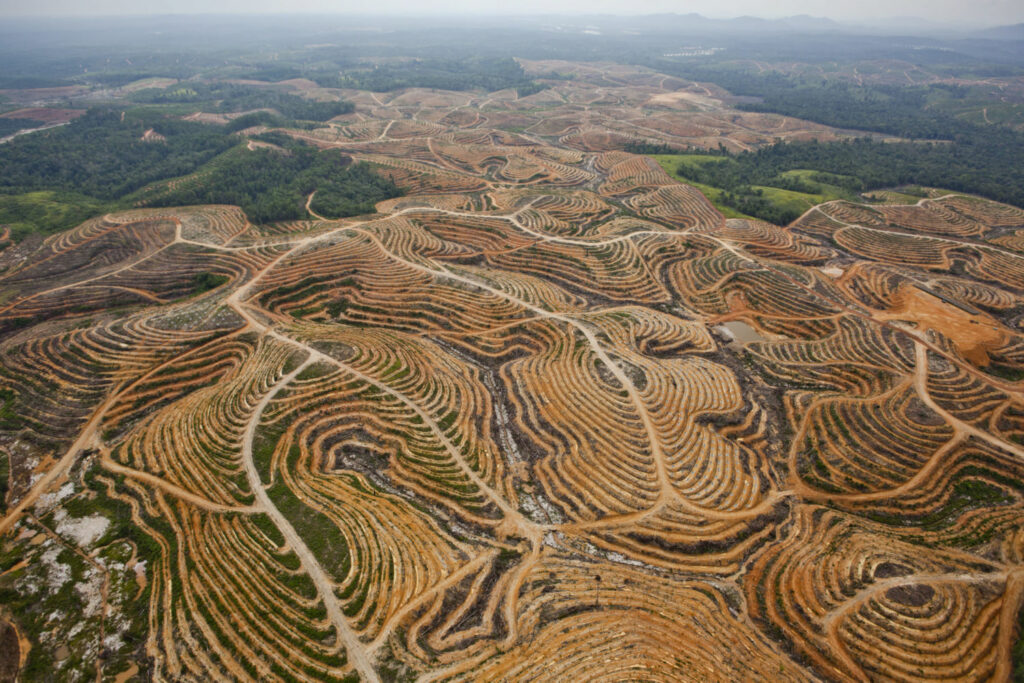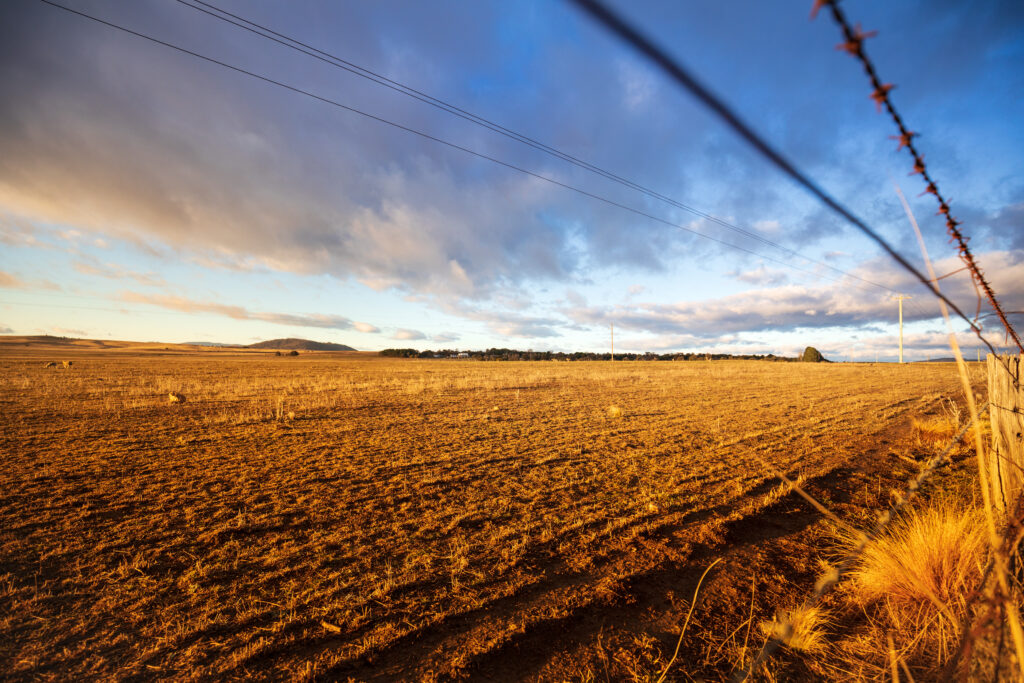Climate change adaptation for sea level rise has become a pressing concern for international agencies and national governments. The risk of coastal flooding, erosion, land loss and displacement due to sea level rise is a major talking point for low-lying areas and coastal communities. Driven by continuing ice loss at the poles due to climate change, sea levels are expected to rise an average of 0.3 m by 2050. Experts predict this will put over 800 million people at risk and cause USD 1 trillion in economic loss. Rising sea levels amplify storm surges and damage coastal ecosystems.
How Is Climate Change Affecting Sea Levels?
In several ways, including the loss of sea ice and snow coverage that has worried scientists for decades. Firstly, as the ice melts, it adds to the ocean volume, increasing sea levels.
Secondly, polar regions in the Arctic and Antarctic are responsible for several key atmospheric and ecosystem services. The cover provided by ice and snow helps the planet reflect solar radiation. We call this process the Albedo effect or Arctic amplification. This process is relatively simple and relates to the thermodynamics and physics of colour. Bright colours tend to reflect light, while darker ones absorb it.
High amounts of snow and ice ensure the planet can reflect, rather than absorb, solar radiation, maintaining global temperatures. However, reducing ice coverage lowers the Albedo effect. The lower the Albedo effect, the higher the temperatures – and the faster snow and ice melt. This results in higher sea level rise. This relationship is a positive feedback loop, which is extremely challenging to disrupt once started.
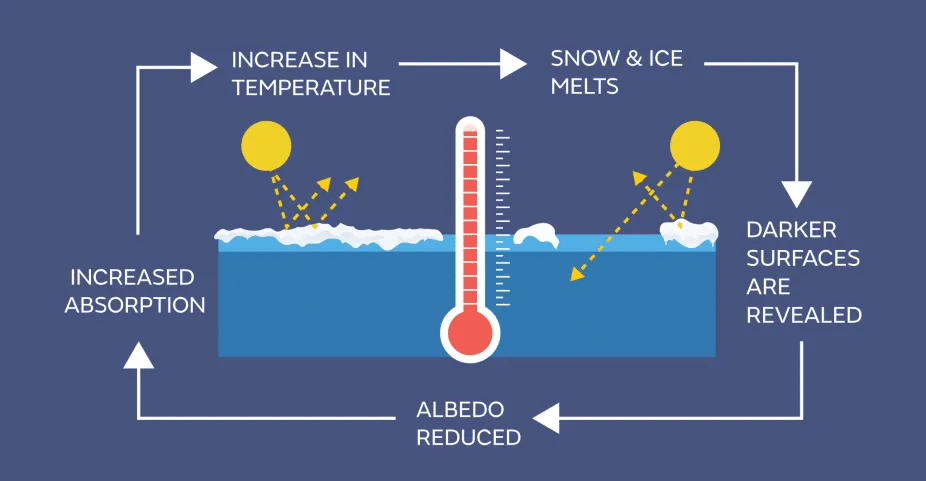
This simple relationship ties the fate of all island and coastal communities to the ice in polar regions. The most vulnerable of these communities understand this relationship, which requires a global effort to slow sea level rise.
“[Climate change] requires a remarkable global initiative,” points out former Kiribati Prime Minister Anote Tong, “and a lot of people will not react until their own world is under threat. What [global leaders] need to understand is that our world is being threatened. We are the first on the front line, but they will be the next if nothing is done.”
Coastal Adaptation Strategies
Islanders and coastal communities are recording seawater incursions into aquifers and arable land, increased flooding across coastal areas and large-scale coastal erosion. Additionally, more frequent weather events resulting from climate change are further exacerbating these issues.
There is a range of solutions available for coastal adaptation. Building sea walls to protect coastlines and coastal cities, planting mangroves to quell wave action or creating spillways and other infrastructure to redirect rising waters from moving inland and impairing freshwater resources or agricultural lands can all play a role. Other climate adaptation options are more extreme and include reducing the urbanisation of coastal areas and, in some cases, relocation of populations.
What Is Ecosystem-based Climate Change Adaptation to Sea Level Rise?
Ecosystem-based adaptation relates to using nature as a tool to defend at-risk areas. Many ecosystems naturally withstand or adapt to changes in climate or weather. However, human development has diminished their capacity to perform their natural ecosystem functions.
Restoring environments or using nature-based solutions is showing promise against rising seas. An article from Stanford University mentions research that found that conservation and restoration projects would “deliver up to eight times the amount of benefits as traditional solutions while providing the same level of flood protection”. The article goes on to state: “For example, the results showed that the nature-based solutions that are being implemented today would result in six times more stormwater pollution reduction than the scenario that used traditional concrete seawalls.”
How Are Countries Adapting to Rising Sea Levels?
Numerous countries are already adapting to rising sea levels and developing long-term climate adaptation strategies. Each nation has its own issues to contend with – from rising sea levels, saltwater incursion into arable land or freshwater resources, erosion and land loss. As a result, the solutions reflect the needs and financial capacities of affected countries.
For example, Senegal is combatting beach erosion by driving stakes into the ground to solidify the substrate. Meanwhile, the Maldives is creating floating homes, Fiji is relocating at-risk villages and Venice has built mobile barriers to combat tidal action.
Similar, large-scale infrastructure plans are underway in the Pacific nation of Tuvalu, where the entire atoll nation is seeing major resilience-building developments. Alternatively, Indonesia has opted to create a new capital city following the ocean’s relatively rapid encroachment of Jakarta, as well as a myriad of other environmental issues.
These are just a few examples of climate adaptation in practice, but efforts are underway worldwide. The longer we wait to implement climate change adaptation for sea level rise, the more expensive and challenging it becomes.
Eric Koons
Writer, United States
Eric is a passionate environmental advocate that believes renewable energy is a key piece in meeting the world’s growing energy demands. He received an environmental science degree from the University of California and has worked to promote environmentally and socially sustainable practices since. Eric has worked with leading environmental organisations, such as World Resources Institute and Hitachi ABB Power Grids.
Eric is a passionate environmental advocate that believes renewable energy is a key piece in meeting the world’s growing energy demands. He received an environmental science degree from the University of California and has worked to promote environmentally and socially sustainable practices since. Eric has worked with leading environmental organisations, such as World Resources Institute and Hitachi ABB Power Grids.

